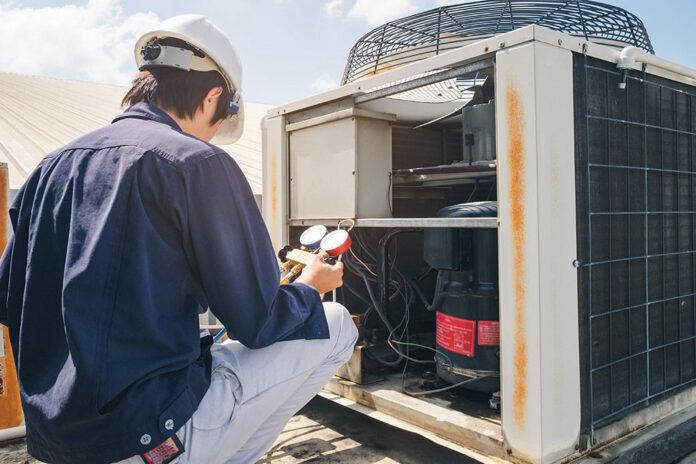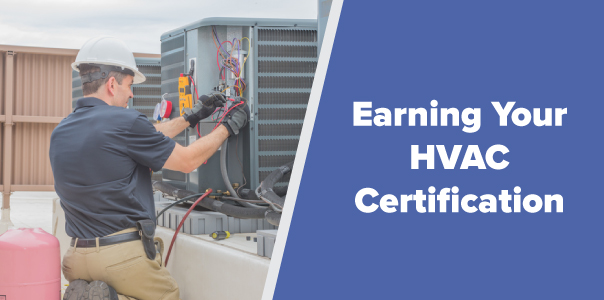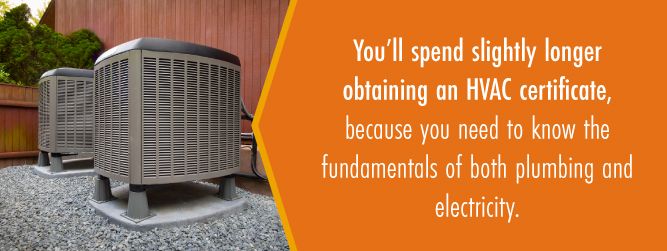The growing demand for HVAC engineers has led to career advancement among technicians, doing everything necessary to obtain certification and license. Only with this can there be a balance with the fast demand. An HVAC certification presents better opportunities than when it is not certified. One of these benefits is the fact that you will earn better with good additional benefits. While certification requirements may vary locally and between states, this article is so appropriate that you won’t want to miss a thing about getting your HVAC license very fast in 2020.
What is an HVAC Certification License?
HVAC Certification License simply means being qualified and qualified enough to perform installation, maintenance and repair tasks in the field of heating, ventilation and air conditioning.
As a technician, you can become certified after undergoing a series of tests that test your skill in the profession.
Technicians are required to carry out tests that prove their experience in the trade before proceeding to practice. Therefore, the main body that takes care of its North American Technical Excellence (NATE) certification.
Another accredited body responsible for certifying technicians as equal to the task and good enough is HVAC Excellence. HVAC Excellence is certified after completing an approved course or apprenticeship.
In addition to NATE and HVAC Excellence, HVAC technicians must be certified by the Environmental Protection Agency to purchase soft drinks and dispose of them. A certification that technicians must obtain.
What are the benefits of becoming a certified HVAC technician?
HVAC continued to attract more people. Soon, there will be no space to contain qualified HVAC technicians. This is where your certification offers an advantage over others in the course of the fight.
See the list below for some of the benefits you get as a HVAC certification technician.
- Have a competitive preference over other HVAC technicians in the job market
- You can increase your earning potential as some organizations will pay certified technicians more
- Your appearance on larger projects and demanding functions increases as you demonstrate your skills
If you decide to start your own HVAC business, your certification will help show potential customers that you are serious.
Authenticates your knowledge as a technician, giving peace of mind to employers or customers.
What are the different types of HVAC Certificates?
Remember, did we mention the bodies responsible for the certification above? See the different types of HVAC certificates below.
- EPA Type I Certification – For Small Appliance Maintenance
- Certification EPA Type II – For maintenance of high pressure systems
- Type III EPA Certification – For maintenance of low pressure systems
Universal EPA Certificate
North American Technical Excellence (NATE)
However, it is important to note that different states have different licensing requirements for HVAC technicians.
HVAC certification requirements
- See the requirements for obtaining your HVAC license, with qualifications and experience, obtaining your certification is much easier than many HVAC technicians think.
- Earn a high school diploma or equivalent at the GED (depends on your state).
- Receive an HVAC certificate from an accredited school or commercial program (depending on your state).
- Obtain your HVAC license from the state in which you plan to work.
- Pass certification exams for different types of HVAC careers.








